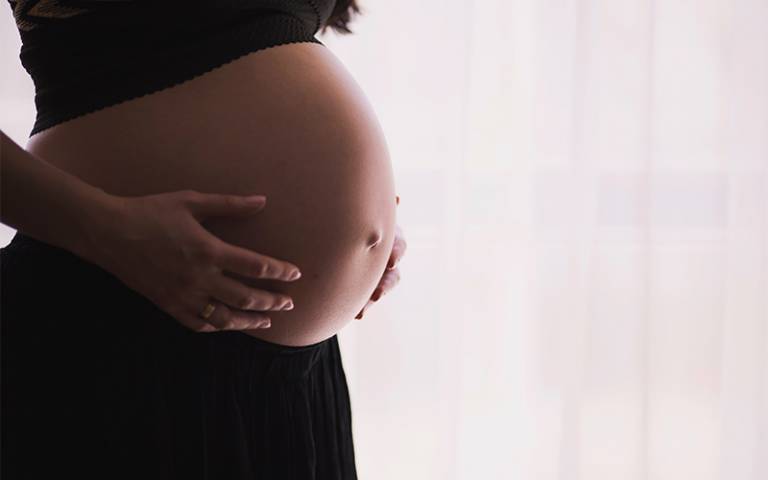Social inequalities in the risk of miscarriage in the United Kingdom
15 June 2022, 1:00 pm–2:00 pm

In this event, Heini Väisänen will present analysis from the 1970 British Cohort Study investigating social inequalities in experiencing pregnancy loss.
This event is free.
Event Information
Open to
- All
Availability
- Yes
Cost
- Free
Organiser
-
Jenny Chanfreau
Location
-
G0355-59 Gordon SquareLondonWC1H 0NU
One in four women experience a miscarriage. Loss of pregnancy may affect fertility intentions and lead to adverse mental and physical health. Yet, we know little about how social inequalities affect the risk of miscarriage and the few existing studies show mixed results.
A social gradient in the risk of miscarriage may have multiple explanations including increased stress, and poorer health behaviours. Heini will refer to the 1970 British Cohort Study to investigate whether individual-level social inequalities are longitudinally associated with the likelihood of miscarriage. We apply random-intercept logistic regression to examine the likelihood of reported miscarriages according to markers of socioeconomic status, such as occupational social class, income or education.
Preliminary results suggest a U-shaped relationship between occupation and the risk of miscarriage. Women in a less advantaged social classes might have a higher risk of miscarriage e.g. due to stress from precarious economic conditions or risky health behaviours. More advantaged social class might also be associated with stress in high-pressure occupations. A better understanding of this common reproductive event can help policy makers improve reproductive and population health.
This event will be particularly useful for those interested in quantitative social science, cohort studies, reproductive health, fertility and inequalities.
Related links
- QSS seminar series
- Quantitative Social Science (QSS)
- Centre for Longitudinal Studies (CLS)
- Social Research Institute
Covid-19 measures
To minimise Covid-related risks for in-person attendees at our events we will facilitate social distancing where possible. In-person attendees will be required to pre-register to gain entry to the event. We strongly encourage attendees to wear a mask while in our buildings. We ask that those registered for our events do not attend in-person if they are showing respiratory symptoms. Thank you for your co-operation.
About the Speaker
Dr Heini Väisänen
Tenured Researcher at Institut National d’Etudes Démographiques (INED), France
She has studied the role of social inequalities in sexual and reproductive health in Europe and in Africa for over a decade and was recently awarded the BSPS Early Career Award based on this work. Her current research projects examine migrant reproductive health; telemedicine abortion; and the link between reproductive histories and later life health in addition to the miscarriage research presented today.
 Close
Close

